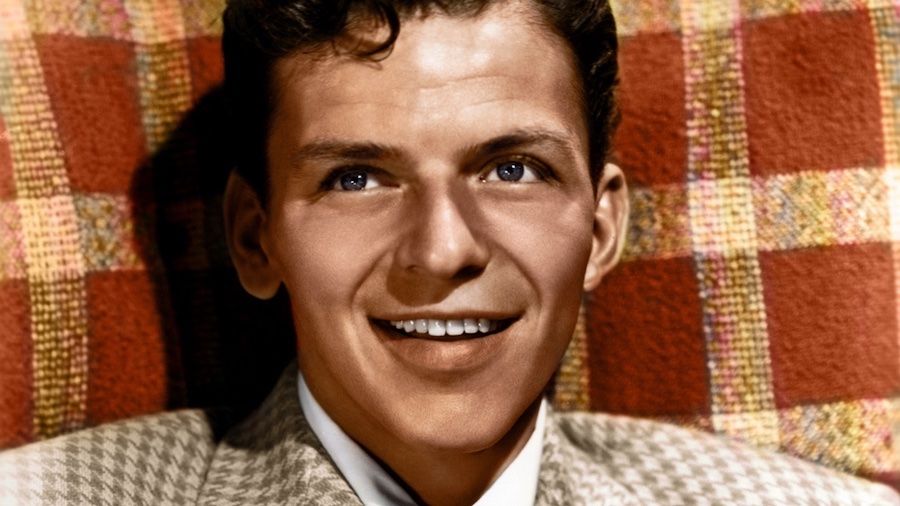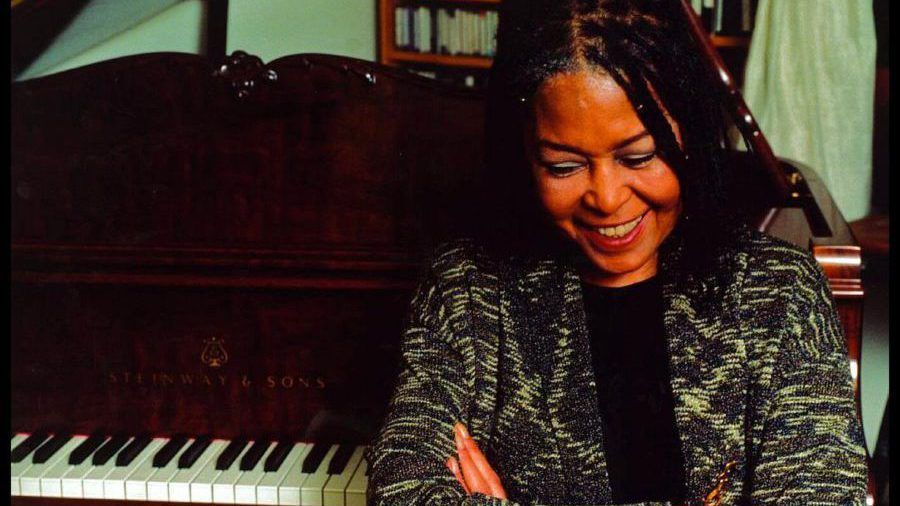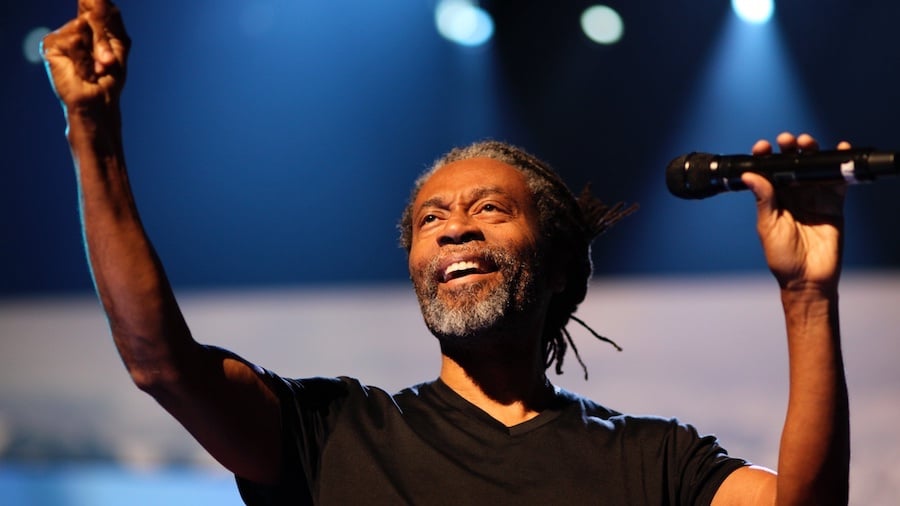The final chapter of “How to sing jazz”. And perhaps the most important one…
A perfect match
The quickest and easiest way to get to sing jazz with confidence and ease is by matching your taste and talents to a style and repertoire. This chapter is meant to help you do just that. In my view there are three major singing styles in vocal jazz.
Out-of-the-box
No artist likes to be put in a box and neither do any of the artists I’ve put in a box for you. They are known for their abilities as storytellers, instrumentalists or entertainers, but they are usually more than that. A little bit of everything is in every artist, in one way or another.
Don’t feel like you have to make a choice between these categories, because you don’t. They are here to help you define your voice, taste, talents and style.
Choosing a category (style) that best fits your talents will make things a lot easier.
But, as long as you are motivated and willing to make the effort, the sky is the limit.
It’s a thin line
Sarah Vaughan and Ella Fitzgerald did their fair share of entertaining but can also be considered instrumentalists. Frank Sinatra and Tony Bennett are entertainers that would probably consider themselves storytellers, which they are as well.
If you’re new to vocal jazz, you’ll find a lot of artist names in this guide you can check out. It’s a great way to get an overview of the world of vocal jazz. Then, after listening you can always come back to this chapter.
Now, let’s start the process and introduce you to the three basic categories of jazz singers.

Entertainer
Type
The smooth and/or powerful sound of your voice is your greatest talent and you aim to reach a large audience. You’re an entertainer.
Examples
Frank Sinatra, Tony Bennett, Michael Bublé, Diana Krall, Astrud Gilberto.
Crucial skills
Sound and performance.
Repertoire
There are two options: the more popular jazz standards and Bossa Novas are sure to please, but popular songs from other genres that lend themselves to be performed in a ‘jazzy’ style are possibilities as well.
Singers with strong voices might want to go with the ‘crooner’ repertoire; just look at the albums of Frank Sinatra to find fitting songs. Singers with smooth and soothing voices may stick to ballads, slow swing and particularly Bossa Novas.

Storyteller
Type
Your main focus is on the lyrics and telling the story. You’re an actor, perhaps even more than a singer. You’re a storyteller.
Examples
Shirley Horn, Abbey Lincoln, Billie Holiday, Nina Simone, Peggy Lee.
Crucial skills
Diction and timing.
Repertoire
Any songs with ‘story like’ lyrics, or any song with lyrics that strongly resonate with you; as you are the one who has to deliver its lines. Ballads and slow swing or slow Bossa Novas are most suited since they provide more time to deliver the lyrics effectively. There are some songs out there with interesting lyrics that are a little bit more up-tempo, but you’ll have to look beyond the popular repertoire. The storyteller should definitely look at composer songbooks. They contain songs that are less known and not in Realbooks or Fakebooks, but provide excellent material for storytellers.
Verses, introductions to songs from musicals, provide additional lyrics and sometimes perspectives on songs; they are often very well suited to storytelling.

Instrumentalist
Type
You see your voice as your instrument. You like vocal acrobatics and improvisation above all else. You’re an instrumentalist.
Examples
Bobby McFerrin, Ella Fitzgerald, Sarah Vaughan, Rachelle Farell, Betty Carter, Mark Murphy.
Crucial skills
Musical hearing and/or theory.
Repertoire
Bebop or other tunes with complex melodic lines set to words, or the opposite: songs with simple melodic lines, that allow you to make all kinds of ornaments and variations on them. Any style will do, though for beginning improvisers the most simple songs with the least amount of chords are best suited: blues, or not too complex songs that stay in one key like Mack the Knife, Summertime, But not for me, etc.
Assignment
1. Define your talents and which style best suits these talents.
2. Define which style(s) your favorite singers belong to most. Different from your answer for question 1? Are you sure about your answer? If so, continue to the final question.
3. Define what skills(s) you lack that are necessary for the singer you want to become. These skills can also come from a style you didn’t choose in question 1.

